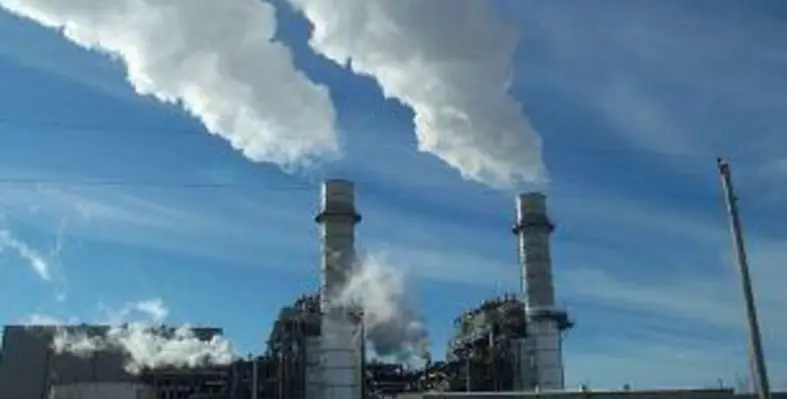South Africa could tap into its natural gas reserves to expand its energy mix and support growth across the economy, recommended McKinsey Global Institute
Gas-fired power generation alone could add US$12bn to South Africa’s GDP, estimated the McKinsey report titled South Africa’s Big Five: Bold Priorities for Inclusive Growth. The report elaborated how natural gas could be the way out of the African nation’s impending power situation. According to the report, South Africa is expected to face a power shortage of up to 10GW by 2025, as nearly 14GW of aging coal plants will be decommissioned between 2020 and 2030. Simultaneously, power demand will also go up in response to the economy’s demands.
To overcome these anticipated deficits, gas-fired plants could be considered as serious alternatives. They are faster to build, have lower capital costs and leave behind a smaller carbon footprint compared to coal. Much like hydro plants, production can be ramped up or down to offset fluctuations in energy production. Though gas is a more expensive fuel, projected increases in coal prices and potential carbon taxes could reverse the equation, making gas viable for baseload capacity, said the report.
By 2030, South Africa could gain 20GW of gas-fired power generation capacity, to provide flexibility to atleast 10GW of renewables capacity and creating demand for 28.3bn cu/m of gas annually. South Africa could use imports or its own shale gas resources (should they be proven), or both. If these supply options materialise, they could eventually drive gas prices down – and if prices decrease by 40 per cent or more, gas could become a viable commodity for use in downstream petrochemical indutries, said the McKinsey report.
However, if price levels becomes favourable, downstream opportunities in gas-based industries and the chemicals sector could add another US$9.5bn to the national GDP and create up to 230,000 jobs.
Securing sufficient supply of gas for various economic purposes is key for power generation plans to succeed. South Africa could achieve this by importing natural gas from Mozambique either as LNG or through a pipeline. Otherwise, developing its own shale resources could work as well, recommended McKinsey analysts. In order to develop shale, the government would have to finalise and publish the Mining and Petroleum Resources Development Act, and amend regulations on hydraulic fracturing, issue permits for pilot wells and complete environment assessment impact tests
The cost of developing a self-sustained gas industry could cost the country up to US$87bn, and for this, private sector investment is critical. The investment could, however, prove to be a major economic opportunity for the country.












